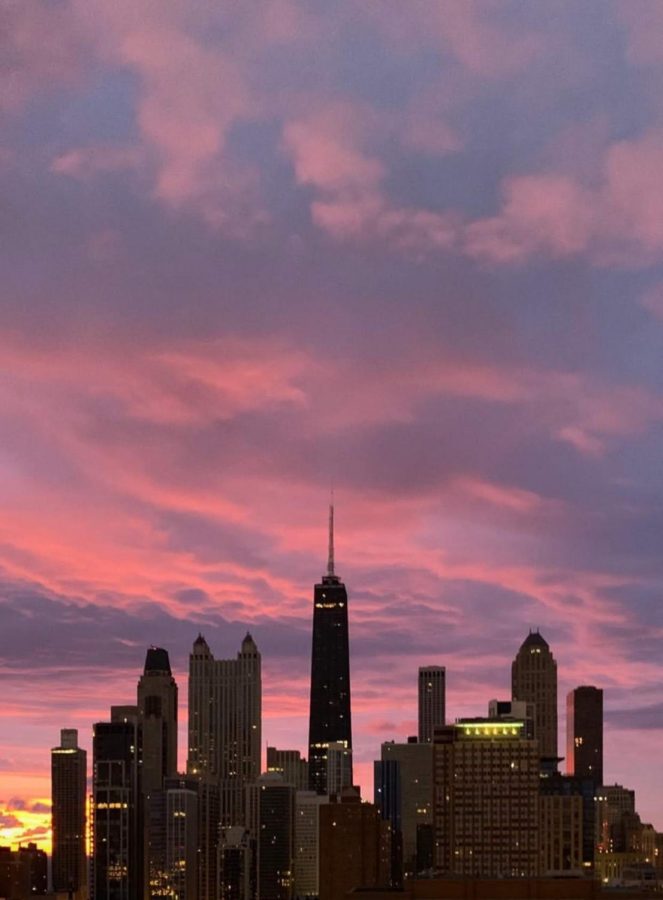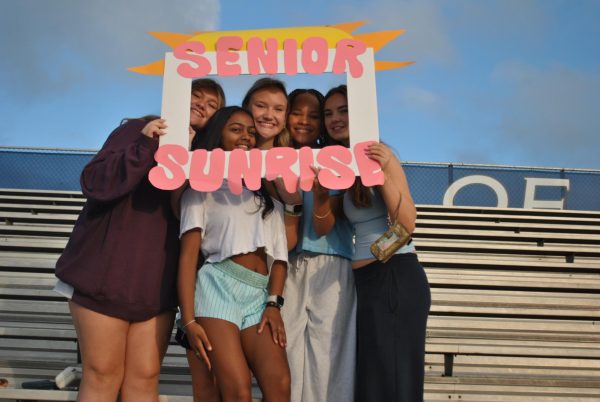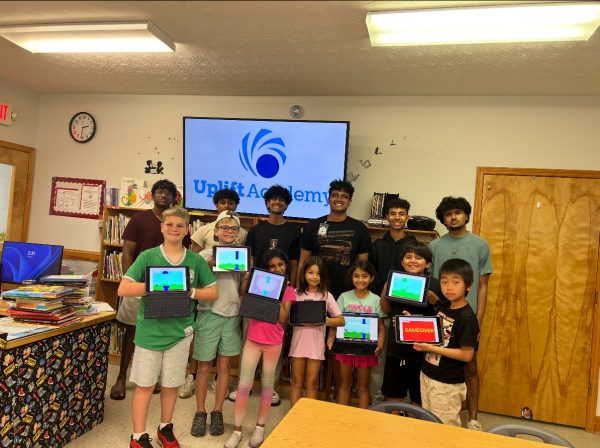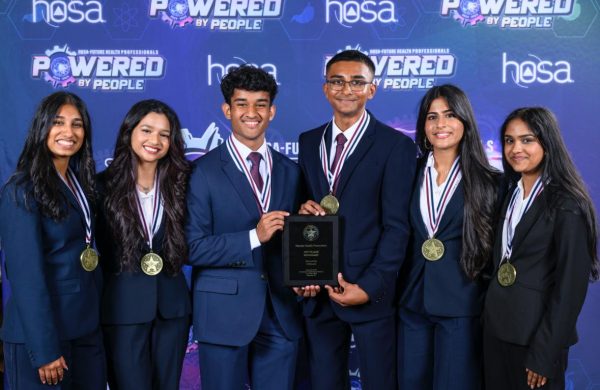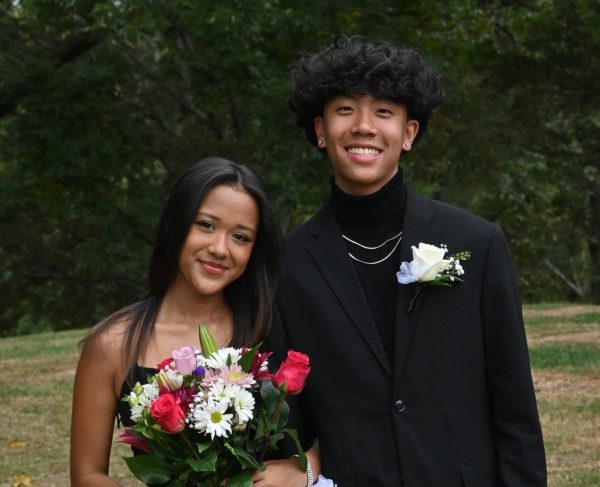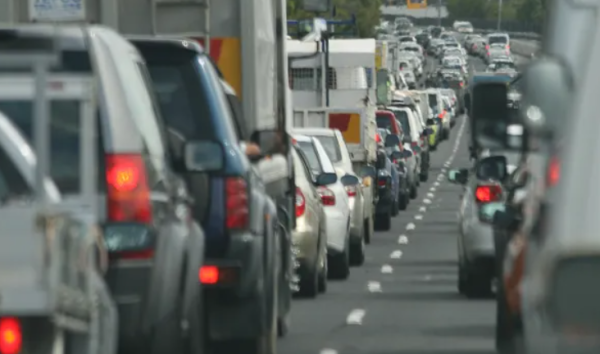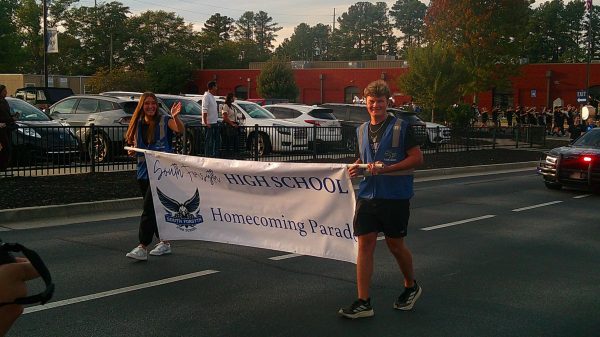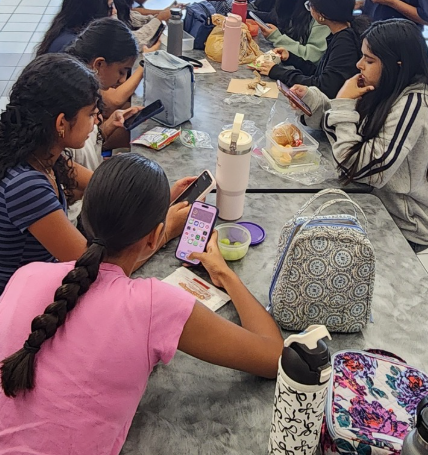ATL to CHI, Because Mental Health Matters
Used with permission from Elise Swopes
Chicago At Night. We rushed to our hotel room after a long day of travel, looked out the window and saw the Chicago skyline. It’s almost as if the sky was calming my nerves before the big day.
Standing in the center of the stage at the University of Chicago, my heart skipped a beat as my mouth opened to tell my story to the 600 pairs of watchful eyes starring back at me. It’s Friday, September 30th, and I am in Chicago with my family as the keynote speaker at the Hope For the Day Youth Empowerment Summit. My heartbeat steadies as I sit on stage alongside incredible mental health advocates. Over 500 teenagers stare up at me as the summit kicks off.
What is a girl from Forsyth County doing traveling around the world speaking to people of all ages?
Suicide is the 2nd leading cause of death for Gen Z; knowing I could’ve attributed to that statistic, I knew there was something I had to do. Thus, I created the notOK app. The notOK app is a digital panic button. When pressed, notOK sends a text to the user’s preselected and trusted contacts–up to five–saying, “Hey, I’m notOK. Please call me, text me, or come check up on me.” With the message, the app also sends the user’s GPS location to their trusted contact(s). And with over 85 thousand users so far, it’s necessary now, more than ever before with 1/5 of the global population struggling with some form of mental illness and 75% of these illnesses presenting themselves before age 24.
While we were at the University of Chicago for the Youth Empowerment Summit, we met incredible advocates such as music producer Rosabelle Eales, photographer Elise Swopes, and musician Gnash. The featured panels fostered important conversations: You Can’t Wear That, Intersections, and Boys Don’t Cry. These were important because they all targeted different “minorities”, so-to-speak, in mental illness and mental well-being. In the You Can’t Wear That panel, we discussed how dress codes affect the way women think and are treated, as well as how women subconsciously degrade themselves. In Boys Don’t Cry, the panelists discussed the stigma around boys/men crying or being open and vulnerable about their feelings, which can trigger mental illness insecurities and anxiety. Intersections acknowledged how mental illness is heavily stigmatized in different minority communities. For example, in the African American community mental illness is often demonized and isn’t talked about.
During my closing keynote, I described my bouts with depression and anxiety as well as my healing journey, one that I accomplished through the hidden power in my voice. Despite my age, I am able to strengthen myself and others, validate the reality of mental health issues, and empower those who must go on their own healing journey. As I look out over the audience aged eight to 25, my honest vulnerability gives me purpose. The glimmer of determination in their eyes when they see my unfiltered and raw approach to my mental health is the fuel that keeps me going.
Email: [email protected] Social Media: IAmHannahLucas


